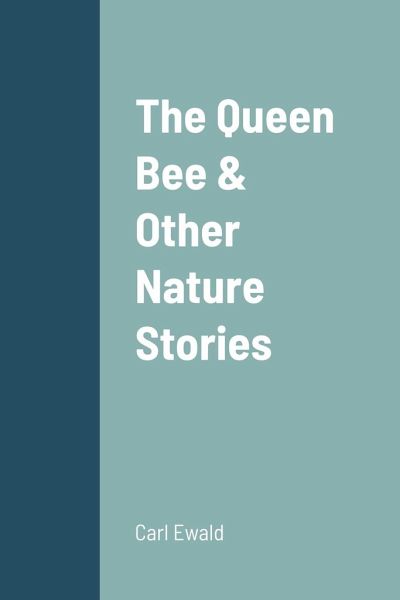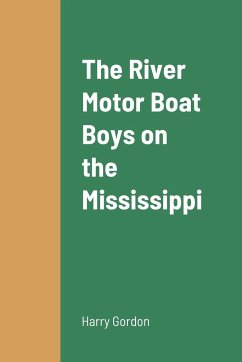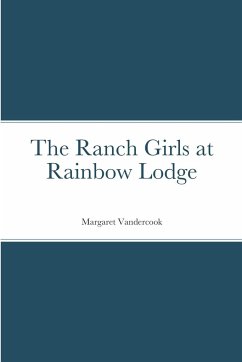
The Queen Bee & Other Nature Stories

PAYBACK Punkte
8 °P sammeln!
There are some touches in the stories, of course, which belong rather to Denmark than England - for example, the custom of ringing the church bells at sunset, the complete disappearance of starlings in the winter months, the starlings' box which is ready for them to rest in on their return, the pres ence of the stork. The phenomenon of beech forests extruding and supplanting oak forests (re ferred to by Dr. Wallace in Darwinism as one of the most striking instances of natural selection is one of which there are clearer traces in Scandinavian countries than in Great Britain. But, on the whole, ...
There are some touches in the stories, of course, which belong rather to Denmark than England - for example, the custom of ringing the church bells at sunset, the complete disappearance of starlings in the winter months, the starlings' box which is ready for them to rest in on their return, the pres ence of the stork. The phenomenon of beech forests extruding and supplanting oak forests (re ferred to by Dr. Wallace in Darwinism as one of the most striking instances of natural selection is one of which there are clearer traces in Scandinavian countries than in Great Britain. But, on the whole, Nature is the same in Englandas in Denmark, and the English child who learns natural history from these stories will not be mis directed. Meanwhile, I hope that these stories of Carl Ewald will be loved for their own sake as stories merely. They have so much poetical imagination, ingenuity of incident, and bright wit, that they seem entitled to some share in the popularity ac corded to the children's tales of another Danish writer, Hans Christian Andersen. Some English children have already listened to them eagerly, and many others, I hope, will take them into their favour when they are sent out into the world. They may even be read with pleasure by some who are children no longer. If this is not so, the fault must lie with the translator.














